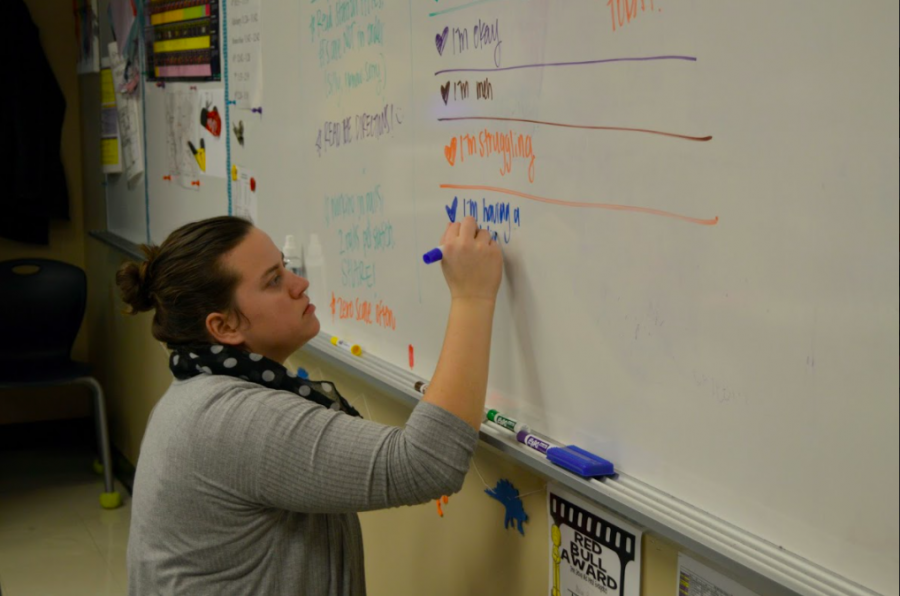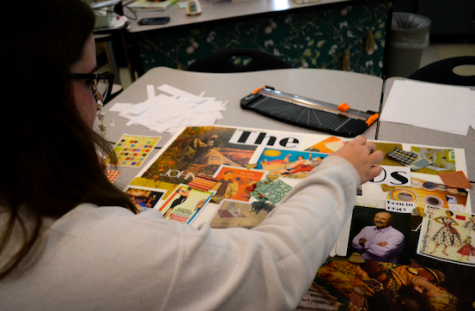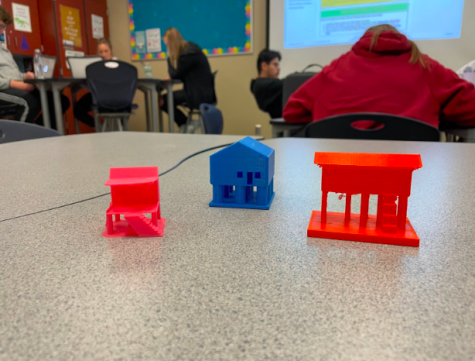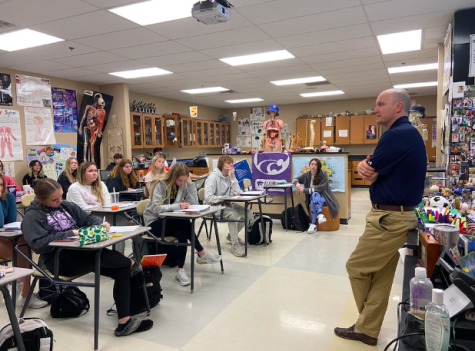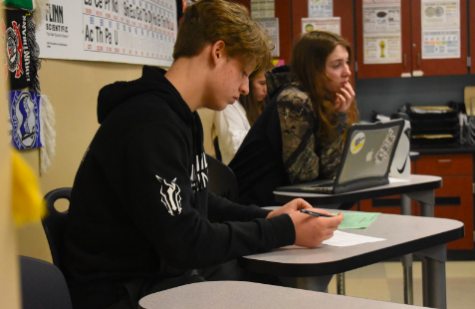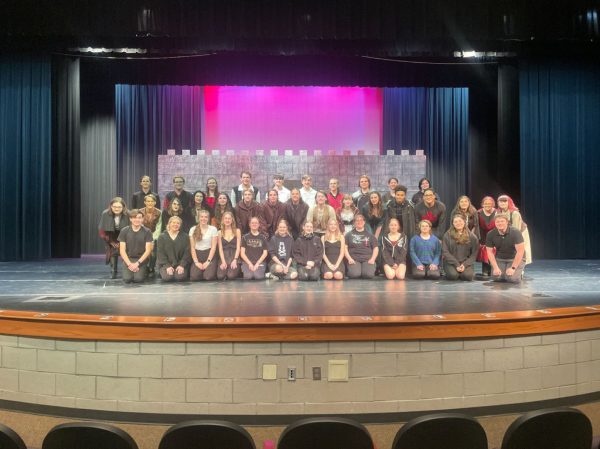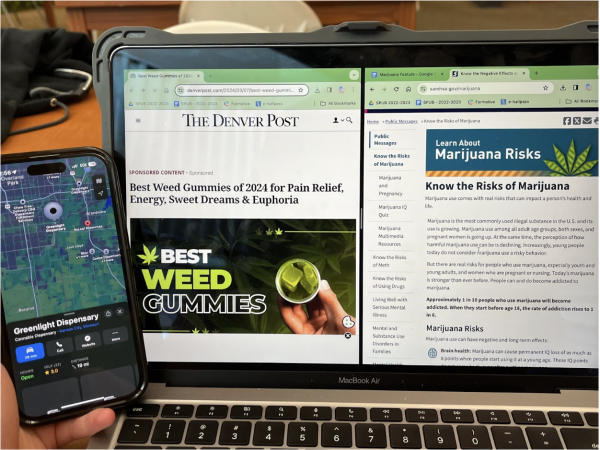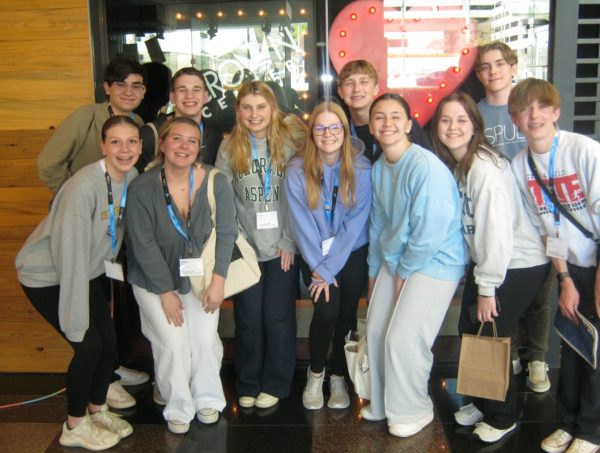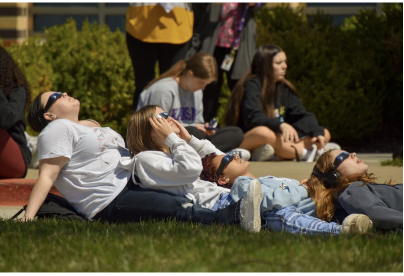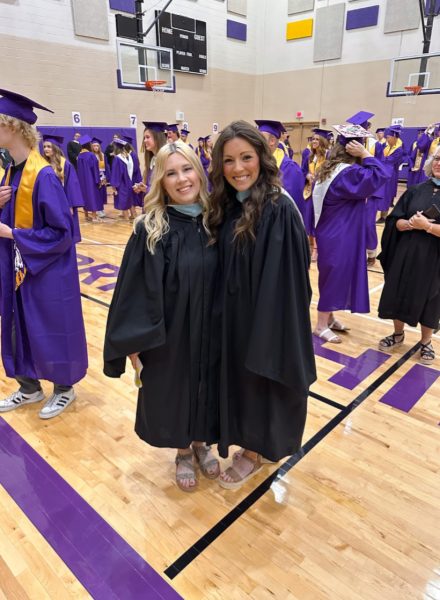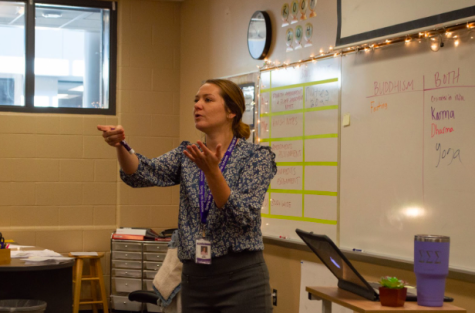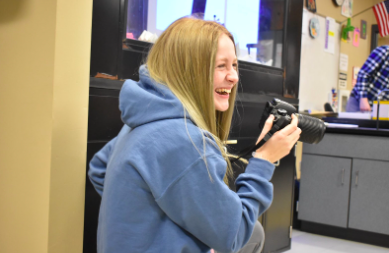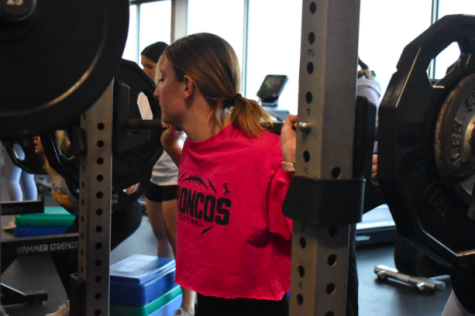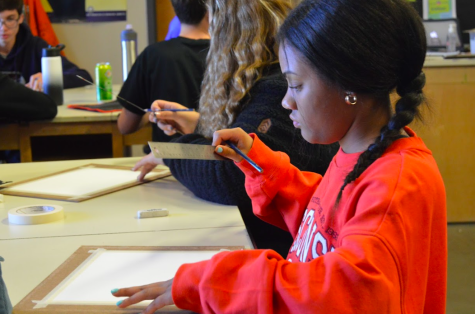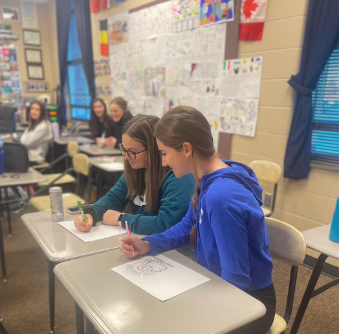Difficulties with Teaching the Big Bang Theory
Mariah Ramos, science teacher, teaches many different classes. In one of her classes, Earth Space science, she teaches the Big Bang Theory. This topic might not seem to differ from other lessons, but to some students it could.
“The Big Bang is the current scientifically accepted theory for how the universe formed. The idea is that way back 14 billion years ago, everything – like all matter, all time, all space, all energy – was condensed into a tiny little itty bitty, like a millimeter sized dot, called a singularity. And then something, we don’t know what, caused it to start moving outwards…then everything that makes up the universe today was contained in that little, itty bitty spot and as it got hurled outwards in the Big Bang,” Ramos said.
The difficulty teaching the Big Bang has to do with religious beliefs. Some students do not want to be told that what they grew up learning religiously is wrong. It is a sensitive topic to talk about for some people. Because of this, Ramos is very careful when teaching the Big Bang.
“It’s something that I’m always careful of every year because I understand that science and religion can sometimes be at odds and I would never want to offend anybody, and so I work really hard to make it clear to my students that yes we are talking about the Big Bang, yes that may conflict with religious beliefs, [but] that doesn’t mean either one is wrong. They can absolutely exist together,” Ramos said.
Ramos likes to ask the students for their opinions before starting the lesson. This way, she will be prepared for each specific group of students. By no means is Ramos trying to change their minds, she is just teaching scientific information to her students. She knows there are students who won’t believe the Big Bang Theory and that’s perfectly fine with her.
“It is not my goal to try and get everybody to believe in the Big Bang, that’s not what I’m going for. My goal is to present scientific evidence and then they can make their own decisions and go wherever that takes them,” Ramos said.
Teaching the Big Bang could be a lesson that ends badly, but Ramos ensures that every student is able to adapt and make their own educated decisions about the topic.
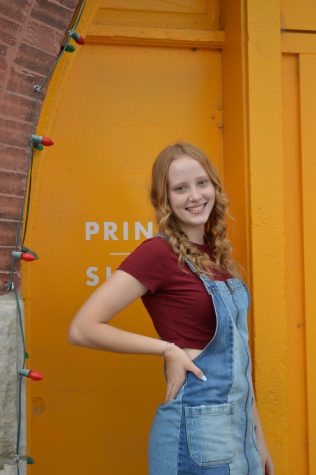
Hey! My name is Lily Haney and I’m going to be a senior this year. It will be my third year in SPUB. I am the Online editor in chief of our Stampede...


